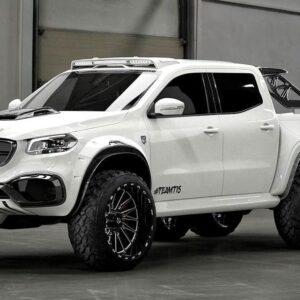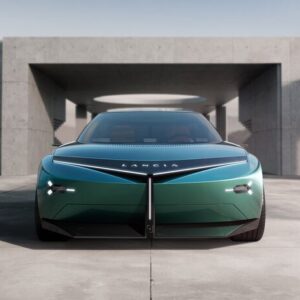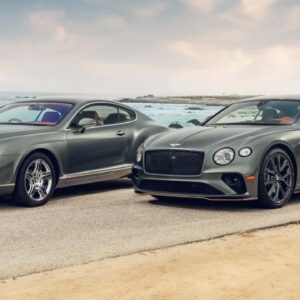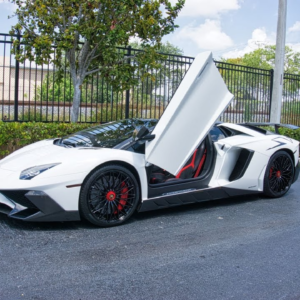Unfortunately, it doesn’t seem like the new Z is having the same impact.
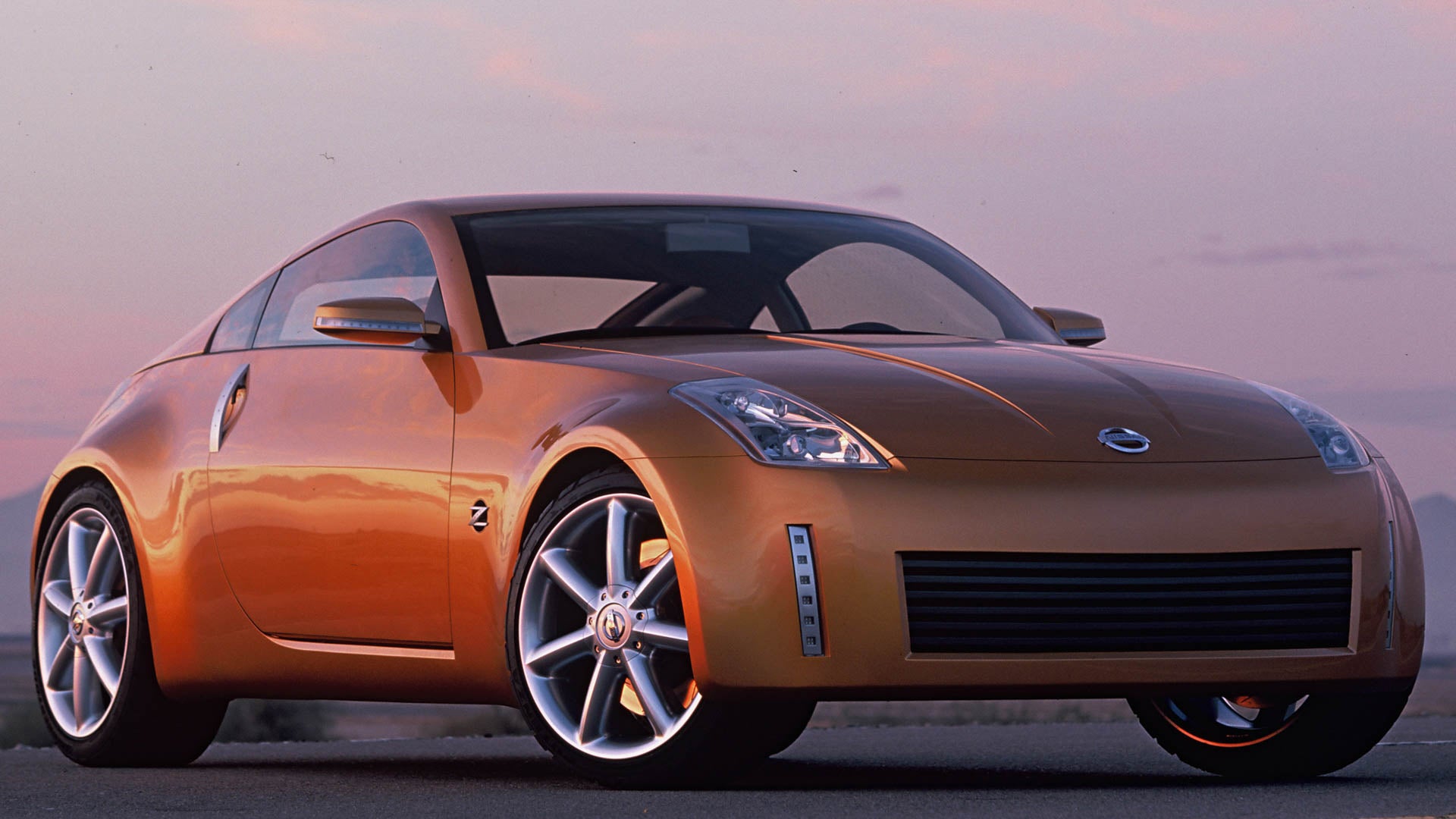
Upon the turn of the millennium, Nissan was lost. The 300ZX had been killed off in 1997, and the GT-R wasn’t yet a global phenomenon, leaving the brand without an aspirational flagship. To put it more precisely, Nissan had “lost [its] soul,” as the company’s Senior Vice President of Design Alfonso Albaisa told The Drive in an interview at the Japan Mobility Show. Albaisa credits the 350Z with helping his team find it again.
“At the time, we were in bad shape actually, and we were hunting for the meaning of us. Why should we exist?” Albaisa said. “And we were ourselves shocked that all you have to do is look back, and you see these moments of excellence.
The story goes back to about 1999, when the Renault-Nissan Alliance had only just been minted. “We had a Z program, actually. The chairman said, ‘Nissan is in trouble. You need to make a Z,'” Albaisa told us.
Albaisa, then associate design director at what is now Nissan Design America, got to work alongside his team on two different Z designs. One was retro-themed, more like a Datsun 240Z—which I’ll forever argue is one of the most perfectly designed coupes of all time. The other was more modern and forward-thinking. That was the car we know today as the 350Z, that was very clearly favored by the top brass. “There are 12 executives who vote for going [sic], one including the boss, and it was unanimous [in favor of the modern concept] 12-to-0.”
The retro concept Albaisa is referring to is the 1999 Z Concept, which debuted at the North American International Auto Show in Detroit that same year and looked very much like a 240Z infused with Y2K motifs. Despite its oddly large fender wheel gaps, it was a pretty car, and one I’d have loved to see Nissan put into production.
However, those retro wishes were eventually granted. Well, sort of. When it came time to revive the Z name again, after the geriatric Nissan 370Z (essentially just a refreshed 350Z) turned 13, the bosses at Nissan voted the other way.
“The flip happened this time,” Albaisa said of the new Nissan Z’s design decision. “We have a modern kind of, postmodern one that was forward-looking, not looking back. And [the current production Z] is kind of a ‘best of’ study, where it’s not just the 240, [but] also the 300. This time: 12-to-0, other direction. Not the same people, but you know, the same company, just time changes things.”
It’s unfortunate that the new Z hasn’t yet proven to be anywhere near as big of a sales hit as the 350Z was back in its day, as it’s still a stylish coupe. Albaisa wasn’t kidding—it’s essentially a greatest-hits album of Nissan’s Z designs over the decades. But retro looks aren’t helping it sell, so it doesn’t seem like the latest installment will have the same soul-saving impact for Nissan as the 350Z did in the 2000s. Maybe cutting the Nismo’s price would help. Just an idea.

